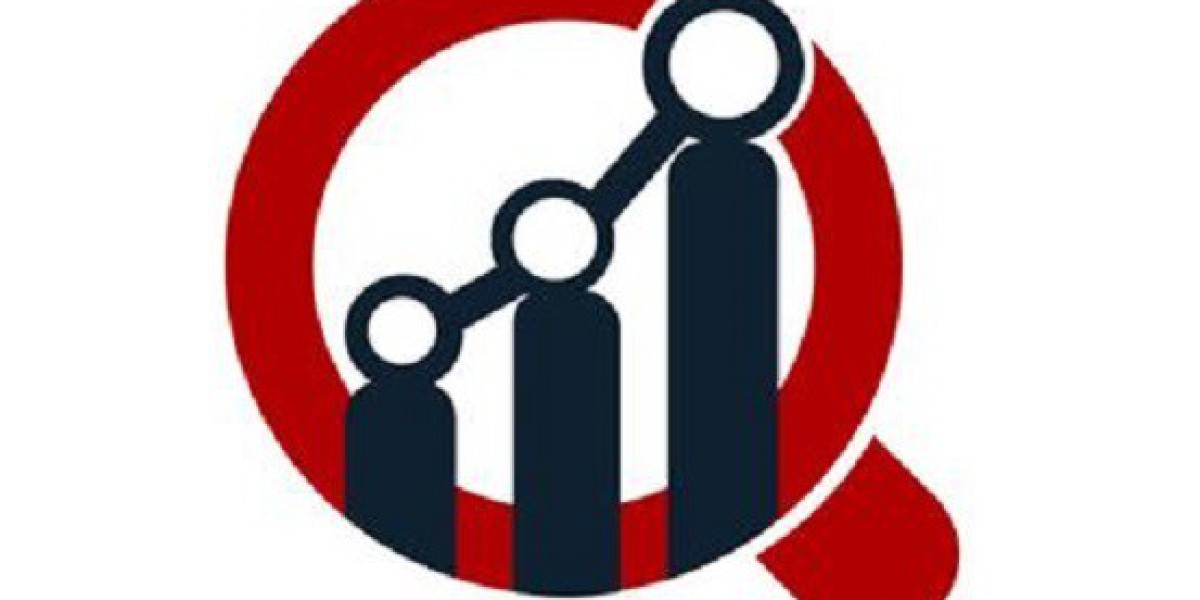What Are Large Molecules in Drug Development?
Large molecules, often referred to as biologics, are complex compounds such as proteins, monoclonal antibodies, peptides, vaccines, and biosimilars. Unlike small molecule drugs, these biologics are produced using living cells, making them intricate and sensitive to changes in structure and formulation.
With the rapid rise of biologics in the biopharmaceutical industry, the need for precise, compliant, and robust bioanalytical testing services has surged. These services are critical for ensuring the safety, efficacy, and quality of large molecule therapeutics throughout drug development and approval phases.
The Role of Bioanalytical Testing in Biologics
Bioanalytical testing is used to analyze the presence and behavior of therapeutic molecules in biological samples like blood, serum, or plasma. In large molecule testing, key assays include:
Pharmacokinetics (PK) and pharmacodynamics (PD)
Immunogenicity testing
Ligand-binding assays (LBA)
Cell-based assays
Mass spectrometry (MS)-based methods
Biomarker analysis
These tests help determine drug absorption, distribution, metabolism, excretion, and potential immune responses, all of which are vital to ensure regulatory compliance and patient safety.
Why the Market is Booming
The growing pipeline of biologics and biosimilars, especially in areas like oncology, autoimmune diseases, and rare disorders, is fueling demand for large molecule testing. Additionally, increased outsourcing by pharmaceutical and biotech companies is driving growth in bioanalytical CRO (Contract Research Organization) partnerships.
Other key factors include:
Expanding regulatory requirements from agencies like the FDA and EMA
Demand for custom assay development
Need for GLP/GCP-compliant testing environments
As biologics continue to outpace small molecules in innovation and investment, testing services become indispensable for clinical trials and market approvals.
Technological Advancements Enhancing Accuracy
Modern bioanalytical testing leverages cutting-edge platforms to enhance sensitivity, specificity, and throughput. Innovations include:
Multiplexed assays that allow simultaneous detection of multiple analytes
High-resolution mass spectrometry for detailed molecular characterization
Use of automation and AI-driven analytics to reduce errors and streamline workflows
Enhanced biomarker validation protocols
These technologies are not only increasing efficiency but also improving data reliability, accelerating timelines in early- and late-stage drug development.
Regional Trends and Market Landscape
North America leads the large molecule bioanalytical testing service market, driven by robust R&D activity, advanced CRO networks, and a high number of clinical trials. Europe follows closely, with its strong focus on biologics and biosimilars, particularly in countries like Germany and the UK.
Meanwhile, Asia-Pacific is emerging as a fast-growing region due to lower outsourcing costs, skilled labor, and expanding biotech hubs in countries like India, China, and South Korea.
Top market players include Labcorp Drug Development, Charles River Laboratories, WuXi AppTec, and Eurofins Scientific, who continue to expand their bioanalytical testing portfolios to meet evolving client demands.


